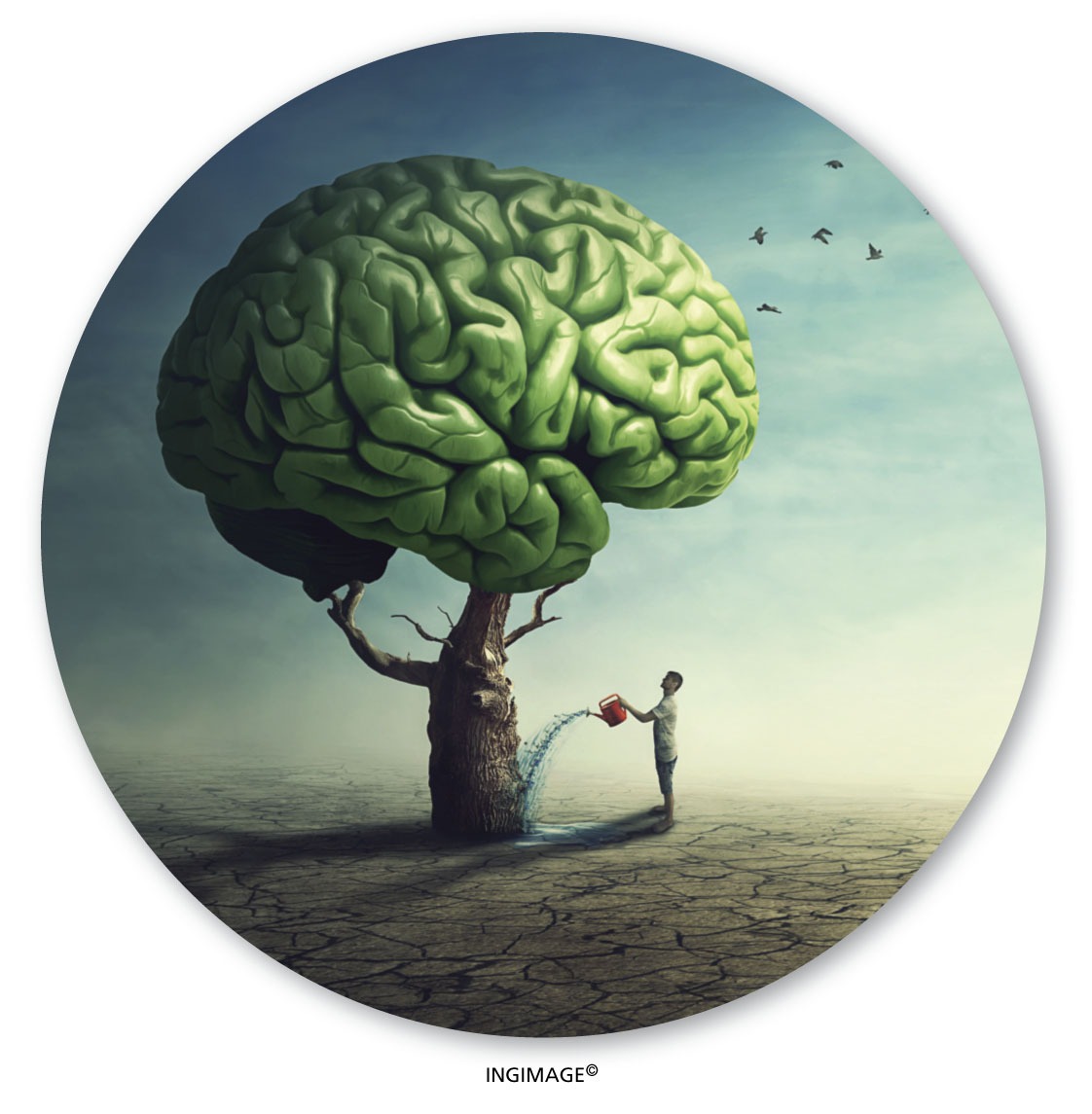GROWTH MINDSET
Today’s fastest supercomputers can perform millions of mathematical calculations in a second, send messages from one person to another across the world, control the acceleration of rockets and checkmate grandmasters at chess.
However, no machine available today comes close to matching the computational ability of the human brain, yet we obtain different results by tapping into the same source.
BRAIN BOOSTERS
Here’s how high achievers act by Archana Law

Success means diverse things to different people because they are shaped by individual values, experiences and priorities. It may mean financial independence or business growth for one person while it might be a better work-life balance, strong relationships or personal achievements for another.
Is this diversity about values and beliefs, cultural influences or overcoming personal adversity, purpose and fulfilment?
Even in the business world, success often seems like a puzzle – part talent, part timing and part opportunity.
But what’s common among those who have achieved success in life is something less visible; and yet, far more powerful. Recent studies show that the ability to cultivate growth, envision grand possibilities, act with consistency and avoid mental pitfalls is what distinguishes high achievers.
Here are some tips for a comprehensive framework that can help sharpen the way we think. Each tip examines one dimension of the success equation, and adds up to form a playbook for leaders, entrepreneurs, professionals and so on.
MINDSET Stanford psychologist Dr. Carol Dweck’s research crystallises one of the most important distinctions in modern psychology – i.e. between fixed and growth mindsets.
The former sees intelligence and ability as innate and unchangeable, often leading to avoiding challenges, fearing failure and interpreting mistakes as proof of inadequacy.
But the growth mindset sees skills as learnable. Challenges are embraced, failures are reframed as feedback and persistence becomes the natural response to setbacks. This mindset shift is transformative, encourages innovation, embraces calculated risks and nurtures talent development since it focusses on improvement.
THINKING If Dweck explains the foundation, writer David Schwartz shows us the horizon by arguing that the main barrier to success isn’t a lack of resources but small thinking.
He advocates cultivating an expansive vision that confidently sets audacious goals and visualises success. A willingness to think bigger than current circumstances fuels innovation and creates momentum.
SMALL HABITS Writer James Clear brings the grand vision down to earth by declaring that success isn’t about massive overnight changes but the cumulative effects of small and consistent actions.
He encourages people to link habits with positive motivation and reinforce progress with rewards to keep the habit loop alive.
PREJUDICE While mindset, ambition and habits fuel progress, author Rolf Dobelli catalogues 99 cognitive biases that often lead to poor decisions, which remind us that our brains are prone to error.
Some of the most damaging of these include confirmation bias (hearing only what supports existing assumptions), survivorship bias (studying winners while ignoring the silent lessons of failures) and loss aversion (clinging to security even when greater opportunities lie in taking calculated risks). Awareness is the antidote.
LEARNING Motivational speaker Brian Tracy cites examples of successful people who focus on solutions rather than dwelling on problems by identifying latent opportunities to improve, innovate or strengthen resilience.
Regular ongoing investments in personal and professional development keeps individuals and organisations agile, adaptable and forward-looking.
STRATEGIES Co-creator of the Chicken Soup for the Soul series Jack Canfield distilled decades of experience as a coach, speaker and entrepreneur into 64 strategies for creating success in any facet of life.
His message is simple: success is predictable and results from practising specific principles consistently. By taking responsibility, clarifying vision, acting daily, developing empowering habits and contributing to others, anyone can move from where he or she is to where they want to be.
The rise of AI is also reshaping how we define success. With the benchmarks of accomplishment expanding towards adaptability and creativity, ethics, human-centred values, mindfulness and emotional intelligence play a critical role in this process.
Mindfulness cultivates focus, clarity and the ability to respond thoughtfully rather than react impulsively, while emotional intelligence enables managing one’s emotions and building strong interpersonal relationships.
Success begins in the mind, believes in growth, dares to dream big, executes through habits and keeps judgements sharp.





